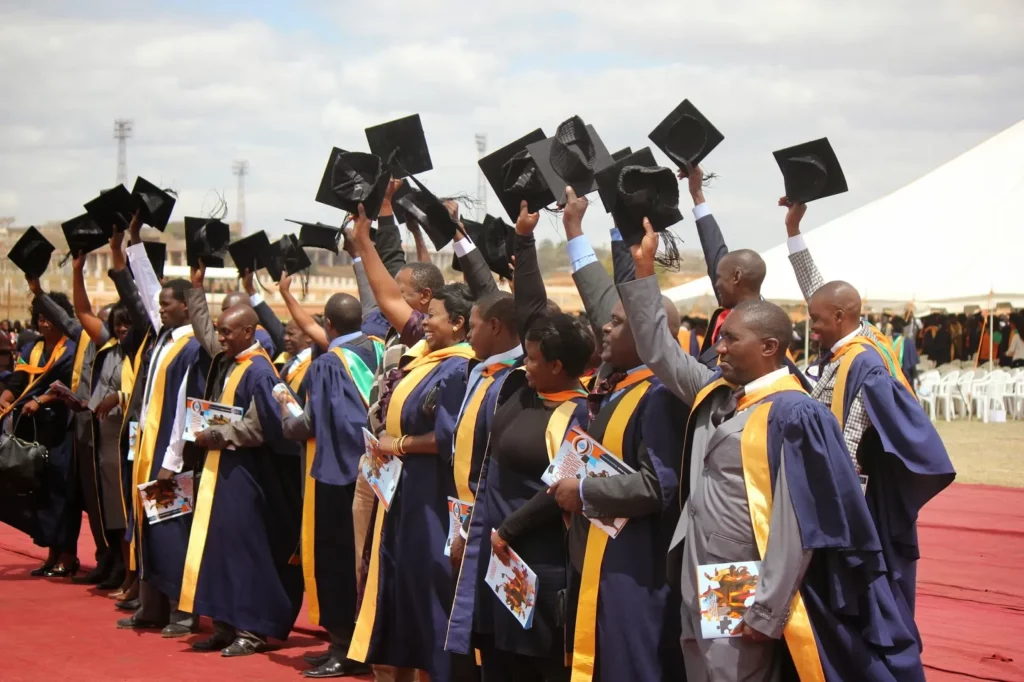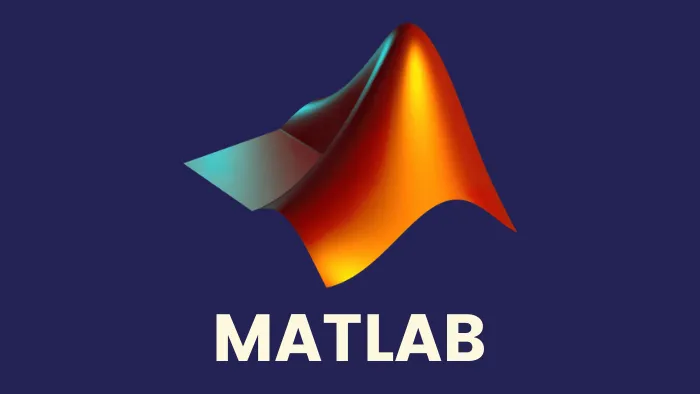Introduction
When Exploring Loan Options for Nigerian Students, Many students in Nigeria aspire to get a higher education since it can lead to improved professional prospects and personal development. However, the escalating prices of tuition, living expenses, textbooks, and other educational expenses may be quite expensive.
Student loans can be a helpful tool in these circumstances to close the gap between ambitions and cost. The loan choices available to Nigerian students seeking higher education will be covered in this piece of content.
Exploring Loan Options for Nigerian Students Pursuing Higher Education

It is essential to keep in mind that there are obligations associated with borrowing money when thinking about student loans. Students should thoroughly read and comprehend the terms and conditions of a loan before taking it, including the interest rates, repayment schedules, and consequences for making late payments.
To reduce debt, it is essential to borrow just what is required to pay for college costs and look into alternative options for funding, including grants or scholarships.
Federal Government Education Loan Programs
The Central Bank of Nigeria (CBN), on behalf of the Nigerian government, offers loan programs to help students afford higher education. One such scheme is the National Youth Service Corps (NYSC) Loan, which provides graduates taking part in the required NYSC program with financial help.
The loan pays for a variety of costs, including housing, personal allowances, and tuition. Additionally, recent graduates who have successfully completed entrepreneurial training programs are eligible for low-interest loans from the Central Bank of Nigeria Entrepreneurial Development Centers (CBN-EDC).
Commercial Bank and Financial Institutions
To help in funding higher education, several commercial banks and financial institutions in Nigeria provide student loan schemes. These loans are intended exclusively to pay for tuition, lodging, books, and other educational costs.
Students can contact banks to apply for these loans by bringing their admissions letters, enrollment verification, and other necessary documents. To make an educated choice, it is essential to investigate several banks and evaluate their loan terms, interest rates, repayment choices, and eligibility requirements.
Private Education Loan Providers

Private education loan providers offer an additional choice for Nigerian students looking for financial support for higher education. These businesses are focused on providing loans to students, frequently with more accommodating repayment terms and cheaper interest rates than traditional banks.
To maintain transparency and prevent future financial strain, it is vital to thoroughly examine the terms and conditions of private school loans, including interest rates, repayment plans, and any hidden fees.
Non-Governmental Organizations and Foundations
Many NGOs and foundations in Nigeria provide loan and scholarship programs to help students pursue their educational goals. These organizations may provide eligible students with interest-free loans, grants, or scholarships based on certain standards like academic brilliance, financial necessity, or particular fields of study.
Students might investigate the options offered by groups like the Jim Ovia Foundation, the Sir Emeka Offor Foundation, and the Nigerian Women Association of Georgia (NWAG) Scholarship Scheme, among others.
Education Loan Programs Sponsored by the Employer
As a part of their benefits package, certain firms in Nigeria provide education loan programs to their staff. These loans are frequently intended to motivate workers to pursue further education, develop their abilities, and support the expansion of the company.
To guarantee a successful educational journey and a secure financial future, it is essential to approach loans responsibly, borrow sensibly, and have a well-thought-out repayment plan.
Summary
In conclusion, even though many Nigerian students find it difficult to afford higher education, there are financing choices accessible to support them in achieving their academic objectives.
Students can access resources that can offer the required financial help through employer-sponsored programs, NGOs, commercial banks, private lenders, and commercial banking initiatives.






